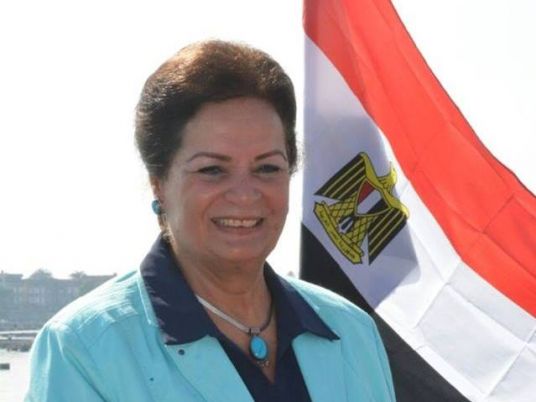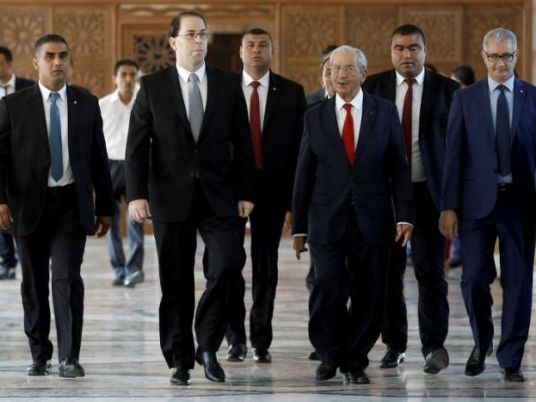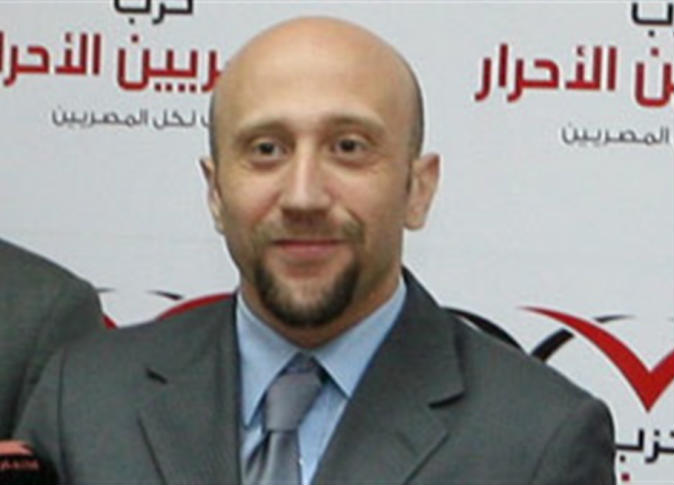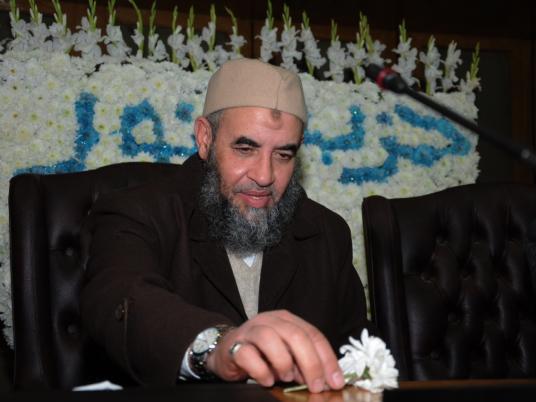A prominent Salafi leader and former presidential hopeful Hazem Salah Abu Ismail warned Saturday of “popular” resistance to preempt any attempt by opposition groups or trials to impose a government to reinstate military rule.
Abu Ismail’s comments came today during a news conference to announce the formation of a new electoral alliance joining hardline Salafi parties.
The new block includes the parties of Raya — which is headed by Abu Ismail himself — and Fadila, Asala and Labor as well as the Free Islamic Coalition and General Islamic Current.
Citizens in the Suez Canal region in February started to collect petitions to mandate the army to rule their governorates instead of President Mohamed Morsy.
Residents of these governorates said they were fed up with political unrest and frustrated by the month-long curfew Morsy imposed in January after deadly clashes broke out between protesters and police. The wave of violence broke out after a 26 January court ruling in the Port Said Stadium violence case.
So far, military leaders have not responded to the petitions or growing calls for their return to power.
Abu Ismail explained that no government should be formed under pressure, and that consent between opposition and government must be the grounds for the formation of a government.
He expressed hopes of a “new state,” slamming policies of “political entities,” which he said waste guarantees for a strong nation.
Abu Ismail’s speech on the formation of the government was a blatant reference to National Salvation Front, which conditions its participation in a Morsy-sponsored national dialogue to the formation of a new government.
Abu Ismail said today that the torching of the Police Club headquarters and Egyptian Football Association Saturday is an evidence of a “scheme of global powers to sabotage the country.”
The preacher claimed that these powers plan to burn Arab Spring countries at this time. He stressed that “all should respect judiciary rulings.”
Abu Ismail also called on Shura Council, the upper house of Parliament, to take its legislative responsibility over amending the elections law, for which the Supreme Constitutional Court demanded earlier modifications to some clauses.




